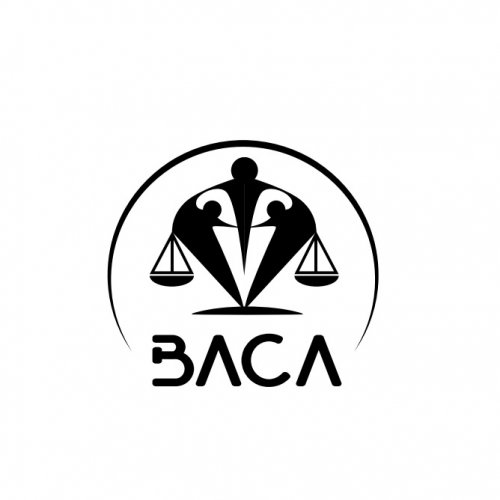Best Native People Lawyers in Juba
Share your needs with us, get contacted by law firms.
Free. Takes 2 min.
List of the best lawyers in Juba, South Sudan
About Native People Law in Juba, South Sudan
The laws surrounding native people in Juba, South Sudan primarily focus on land rights, cultural preservation, and human rights. South Sudan recognizes distinct ethnic groups, each with unique customs, languages, and traditions, but their rights and status are not always clearly delineated in law. Furthermore, ongoing conflict and political instability can create legal ambiguities that affect the lives of native people. Understandably, navigating the complex set of norms and legal parameters can be challenging for individuals unfamiliar with the system.
Why You May Need a Lawyer
Native people in Juba, South Sudan may need a lawyer for a variety of reasons. Cases involving land rights, cultural preservation, conflict resolution, and human rights violations often have complex legal frameworks. Individuals might also seek legal assistance if they aren't receiving equal treatment under the law, or if they're impacted by governmental policies or development projects. Lawyers can provide much-needed assistance by helping to understand the intricacies of the system and guiding people in making informed decisions.
Local Laws Overview
The Interim Constitution of South Sudan, enacted in 2011, forms the basis of South Sudanese law and recognizes traditional authority structures. However, it leaves many issues related to native people ambiguous. For example, it often does not clearly define land rights of local communities, resulting in disputes and confusion. Additionally, rights to cultural preservation are not sufficiently addressed. Traditional dispute resolution mechanisms also form part of the legal landscape, making the system complex and multi-layered.
Frequently Asked Questions
What rights do native people have in Juba, South Sudan?
Native people have the same basic rights as any other citizen as per the constitution. These include the right to participate in economic, social, and political life, protection under the law, and access to public services. Additionally, traditional rights may also apply, depending on the specific ethnic group.
Can native people file a legal complaint in South Sudan?
Yes, native people have the right to file a legal complaint. However, they often face challenges such as language barriers, lack of awareness about procedures, and limited access to institutions.
Are there laws to protect the land rights of native people?
The legal framework for land rights is complex and often unclear. While the constitution recognizes community land, disputes over ownership and use are common, often necessitating legal assistance.
What is the role of traditional authorities?
Traditional Authorities, recognized by the Constitution, play a crucial role in local governance and dispute resolution. However, their role varies by community and ethnic group, causing inconsistencies in their authority and jurisdiction.
Where can native people access legal assistance?
Legal services and assistance are available from various sources, including governmental institutions, non-governmental organizations, and civil society groups. However, access can be challenging due to resource limitations, geographical restrictions, and socio-political factors.
Additional Resources
The South Sudan National Commission for Human Rights provides information and access to legal remedies for rights violations. International organizations such as the UNDP, through its Access to Justice and Rule of Law project, and community organizations provide support and resources as well. NGOs, including the Rift Valley Institute and Community Empowerment for Progress Organization, offer valuable resources for legal awareness and assistance.
Next Steps
If you need legal assistance, contact a local lawyer or relevant NGO. Before proceeding, ensure that you have clear records or documentation related to your case. It's essential to communicate all aspects of your situation to your legal advisor to receive the most accurate advice. Remember that seeking legal assistance is a right, not a privilege. Though challenges may exist, do not hesitate to seek legal help when needed.
Lawzana helps you find the best lawyers and law firms in Juba through a curated and pre-screened list of qualified legal professionals. Our platform offers rankings and detailed profiles of attorneys and law firms, allowing you to compare based on practice areas, including Native People, experience, and client feedback.
Each profile includes a description of the firm's areas of practice, client reviews, team members and partners, year of establishment, spoken languages, office locations, contact information, social media presence, and any published articles or resources. Most firms on our platform speak English and are experienced in both local and international legal matters.
Get a quote from top-rated law firms in Juba, South Sudan — quickly, securely, and without unnecessary hassle.
Disclaimer:
The information provided on this page is for general informational purposes only and does not constitute legal advice. While we strive to ensure the accuracy and relevance of the content, legal information may change over time, and interpretations of the law can vary. You should always consult with a qualified legal professional for advice specific to your situation.
We disclaim all liability for actions taken or not taken based on the content of this page. If you believe any information is incorrect or outdated, please contact us, and we will review and update it where appropriate.









